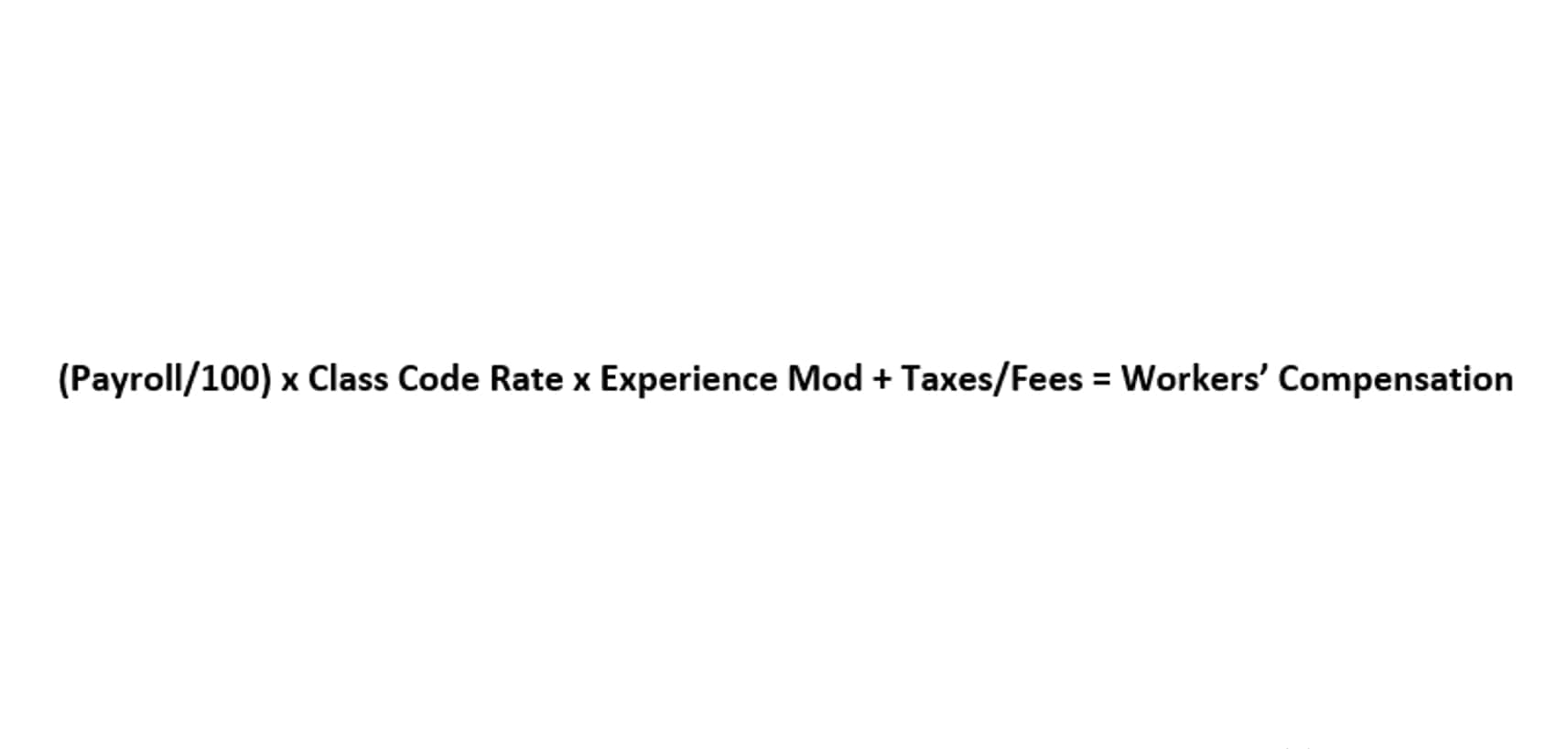Church Finances Made Simple: Your Guide to Faithful Bookkeeping

From fund accounting methods to ERTC programs, you want to have a church-specific accounting focus. That could include Sunday services, staff salaries, local outreaches, youth events, missions trips, new buildings — you name it. Whatever your church is trying to accomplish as a ministry, the fund accounting method works to reinforce those goals. And definitely doesn’t fall on the fun side of the ledger most of the time. In a ministry world already filled with spiritually and emotionally exhausting responsibilities, caring for your church’s finances can be a huge mental weight. Deciding whether to hire or outsource a church accountant is an important decision that can impact the financial management of religious institutions.
Financial Statements

Tracking your church’s revenue is important; the best church accounting guidelines dictate that each type of revenue be tracked as well. accounting for churches Not only does this ensure accountability, but it will also help with your budgeting and financial reporting. Here are some quick examples of your church’s revenue sources and how you can track them.
- These general ledgers go by “funds.” Funds let organizations separate resources into different accounts to identify the uses of those resources as well as where they came from.
- To get started with church accounting, you’ll need to understand a few notable financial resources and reports.
- Kristine Ensor is a freelance writer with over a decade of experience working with local and international nonprofits.
- Regardless of the specifics, make sure you know who is in charge of overseeing (and improving) your church’s finances.
- It provides a snapshot of an organization’s financial health at a specific point in time by presenting its assets, liabilities, and net assets.
- This is due to the rules around reporting revenue and expenses for 501(c)3 organizations.
- Churches operate based on a mission to serve their community and fulfill the vision and values that the church and leadership have prayed into.
How Can Canadian Charities Secure Their Future Through Leadership Development and Succession Planning?

Church accounting software helps you get your church’s bookkeeping done quickly and accurately, so you and your administrative staff can get back to the things that matter most to your ministry. Churches are held to higher standards in the media and with their donors. Transparency with your organization’s financial reports is necessary to ensure donor trust and limit IRS audits. Properly handling payroll taxes not only ensures compliance with the IRS but also safeguards the church from potential financial penalties. Fund accounting is a powerful way to bring a sense of accountability and clarity to a church’s finances. There are other considerations that church leaders should keep in mind, too.
Leverage Accounting Software

Churches that use freelancers for accounting, repair, cleaning, entertainment, or other purposes must file Form 1099. Any time your church pays a freelancer $600 or more, you must file this with the IRS and send a copy to the freelancer. If you are a larger church with significant staff and budgets, hiring an accountant for a staff position may be a better option. An important rule for church accounting is to delegate accounting responsibilities.
If you’re reading this resource and the shortcomings of your current church accounting tools and activities are becoming too big to ignore, contact us. We can explore how our innovative church bookkeeping software and our buffet-style service offerings can address your church’s unique needs. On the contrary, generating reports and statements is a great way for churches to avoid skepticism from tax officials. Filing for 990 every year is an important and simple way to keep your church’s finances above board on an annual basis. Hopefully, by now, you’ve seen how unique it can be to tend to accounting needs in a church environment.
What Is Fund Accounting for Churches?

Aplos is a robust accounting system that allows you to keep track of your grants, programs, accounting and fundraising so you can give your board clarity on your finances. – Yes, it’s advisable to have separate accounts for better tracking and accountability. When choosing software, consider features like user-friendliness, scalability, and integration with other tools like donor management systems.
Can a charity or not-for-profit organization change its fiscal period end?
You can empower your team to invest in each event without worrying about breaking the church’s back, financially Bookstime speaking, in the process. Churches must adhere to federal laws concerning financial reporting and tax exemptions. The IRS has specific guidelines for religious organizations, including the types of donations that are tax-deductible and the necessary documentation for the same.
- But churches must file 1099s and W-2s for staff and freelance professionals.
- Having your records well-organized and your financial statements readily available ensures a smooth audit process.
- Always ensure that your church meets the requirements for maintaining its tax-exempt status.
- Extra benefits in a platform include giving tools and presenting your data concisely to those who have given.
- Familiarize yourself with federal guidelines and any local regulations that apply.
We’ll cover basic terminology and benefits, accounting methods and best practices in a church setting, taxes and regulations, and more. Moving to an outsourced bookkeeping and accounting solution can help churches focus on their mission. The move offers church accounting expertise from tax professionals, and it will reduce expenses and increase revenue. If your organization needs to hire someone to manage the books, you might want to consider outsourcing instead.





